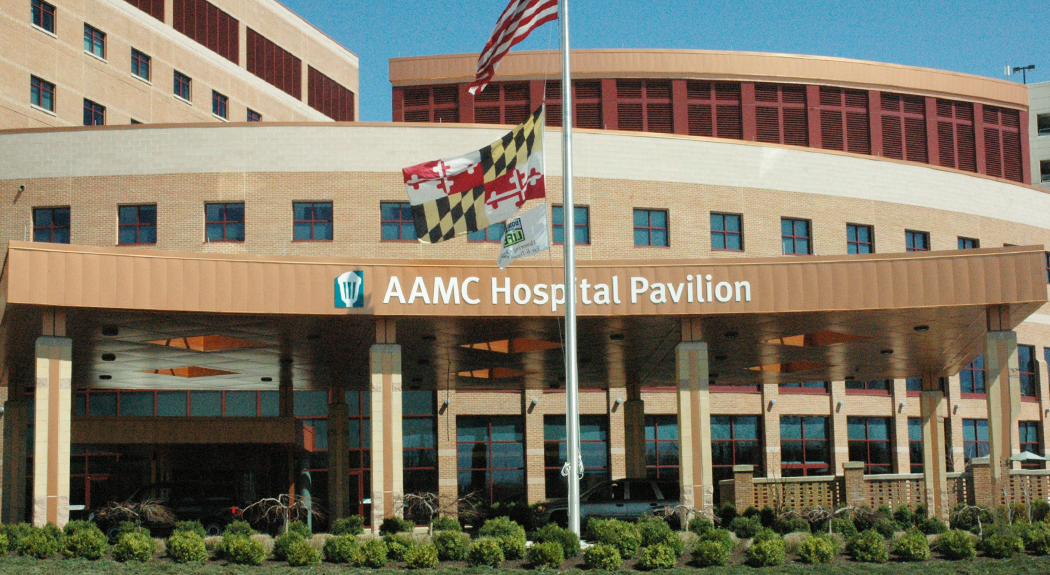“These are the times that try men’s souls. The summer soldier and the sunshine patriot will, in this crisis, shrink from the service of their country; but he that stands by it now, deserves the love and thanks of man and woman.” These still-famous words were composed by Thomas Paine, an immigrant soldier in General Washington’s beleaguered, ever-retreating Colonial Army in December 1776. In America’s first existential crisis, the Army was just a few expiring enlistments away from vanishing from the field. The ideas expressed in Paine’s pamphlets, collectively called the American Crisis, rallied the nascent nation and changed the world.
Words and ideas from the past, even if requiring an adjustment to gendered pronouns, can help us now too, providing a stream of solace in our collective despair. Since that first crisis, Americans have, as a united nation and as citizens of the world, endured many such “fiery trials.” Civil war, global war, economic depression, civil unrest, terrorism and even prior pandemics have all tested our unity, our perseverance and our foundational beliefs. All were alarming, all were overcome. I do not believe that those previous generations had more grit, determination and optimism than our own. We are made of the same stern stuff.
We can honor the service of our ‘essential’ neighbors who care for us bravely by caring for one another and embracing unity above all else.
Proof of this assertion can be found in the daily demonstration of duty and courage by the thousands of ‘essential’ workers who set aside their own concerns to stock our groceries, answer our 911 calls and staff our hospitals with every type of caregiver. It is not that they are ignorant of the risks presented by COVID-19. The opposite is true. Rather, they embody Nelson Mandela’s description of courage and bravery. “Courage is not the absence of fear, but the triumph over it. The brave person is not the one who does not feel afraid, but the one who conquers that fear.” These ‘essential’ neighbors have ranked duty over fear. You won’t find any summer soldiers or sunshine patriots among those staffing our grocery stores, firehouses, police stations and hospitals.
We have before us “many long months of struggle and suffering,” as Churchill warned Britain’s House of Commons in 1940. How we conduct ourselves individually and collectively during our ‘grievous ordeal’ will define us for future generations. We can honor the service of our ‘essential’ neighbors who care for us bravely by caring for one another and embracing unity above all else. If we use this crisis to summon forth the “better angels of our nature,” future Americans will look to our generation with admiration and awe.
 Barry Meisenberg, M.D., is the Chair of the Department of Medicine and Chief Academic Officer at Anne Arundel Medical Center and Luminis Health.
Barry Meisenberg, M.D., is the Chair of the Department of Medicine and Chief Academic Officer at Anne Arundel Medical Center and Luminis Health.




